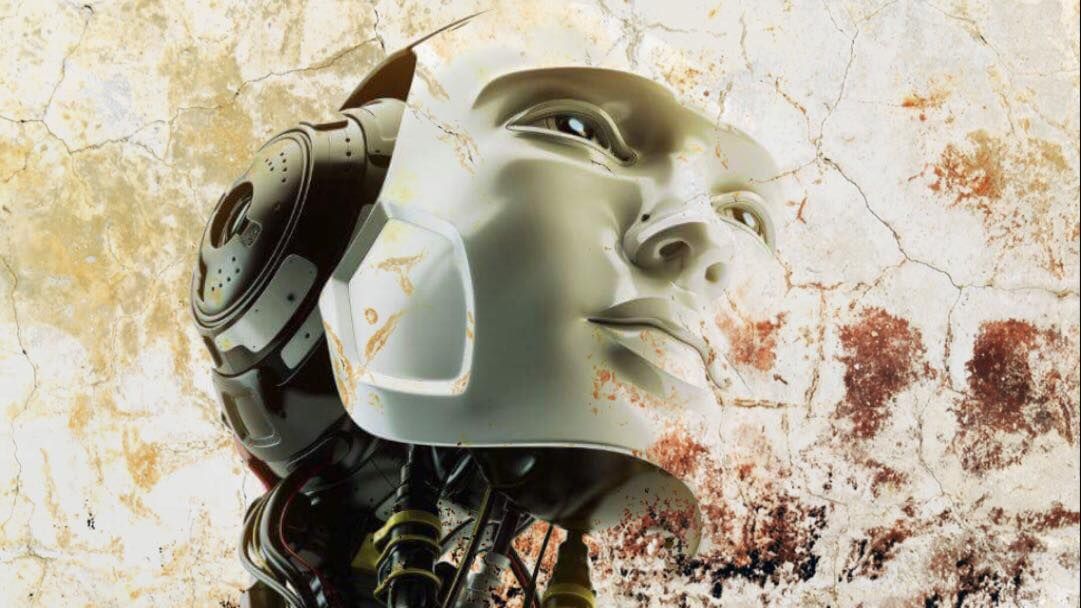
From the Maschinenmensch in Fritz Lang’s Metropolis, to C3P0, the Terminator, and Wall-E, fictional robots have delighted, horrified, and fascinated humans for more than a century, cropping up in everything from 19th century literature to the horror B-movies of the 1950s. Robots began to enter the Western world’s collective consciousness as a result of the mechanization of manufacturing during the Industrial Revolution, as people looked to machines to take on the menial work of their ancestors. Based on the Czech ‘robota’, meaning servitude, the word ‘robot’ was first used by Czech writer Karel Capek in his 1921 play R.U.R (Rossum’s Universal Robots), with autonomous and semi-autonomous machines referred to as ‘automata’ up until this point. Capek’s groundbreaking play sees a servant class of robots rebel against their human masters, leading to the extinction of the human race. Immensely popular at the time, R.U.R shed a dystopian light on robotics, contributing to an emerging fear that androids could one day advance beyond their creators that’s just as prevalent today, with increasingly intelligent automata surprising us with their capabilities, and making us question what it really means to be human.We now live in a world where robots are programmed to help us with chores, entertain…